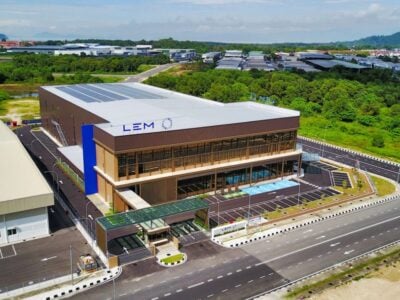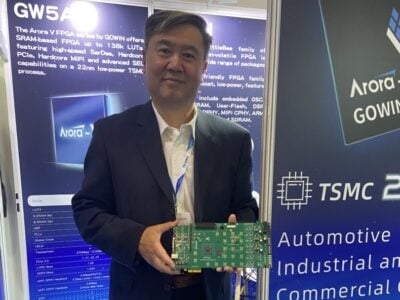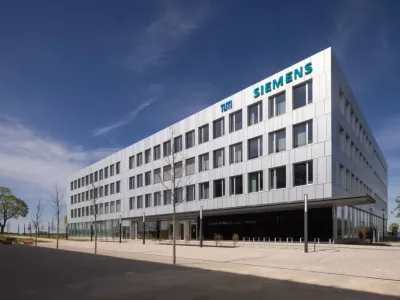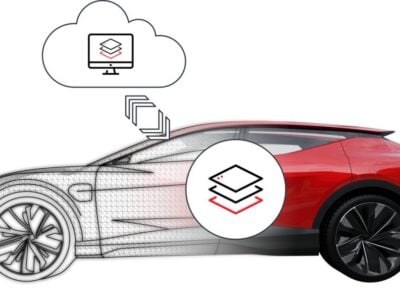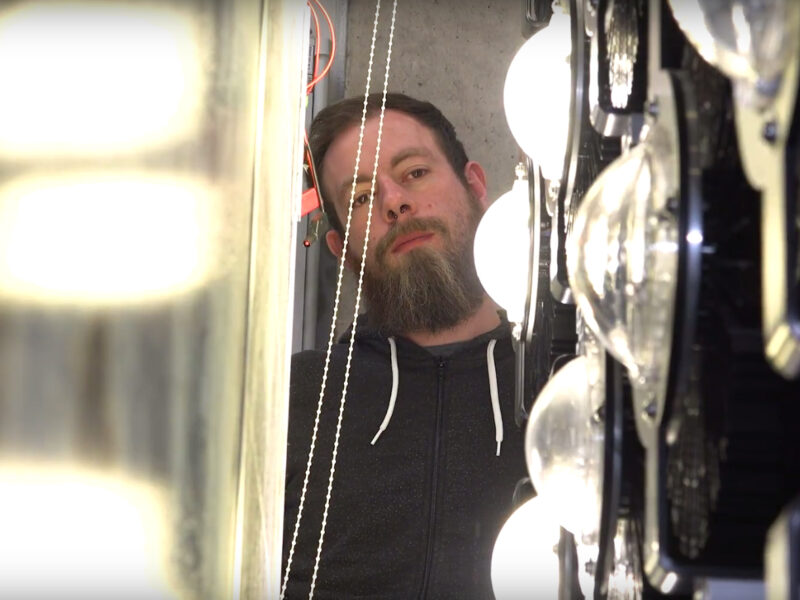
Start-up develops electronics to increase efficiency of photovoltaics
these three were students at the Karlsruhe University of Applied Sciences. Czarnecki and Brace studied electrical engineering and information technology; Ruisinger is the trio’s business guy; he holds a degree in industrial engineering.
The solution to what problem has the trio developed now? The aim is to compensate for the loss in performance of PV systems caused by shading. “The modules of such systems are usually connected in series,” explains Brace, “so if the current drops in one module, it drops in the entire system, so the shading of one module leads to a drop in the output of the entire system. There are already technical solutions on the market for this, “but these are either very expensive,” says Czarnecki, “or they are not particularly efficient. This is exactly where BRC Solar’s inventors come in with a small, patented circuit that offers many advantages: it is only attached to potentially shaded modules and is only active on such modules, which increases the efficiency of the overall system and reduces the investment required.
Currently, the three company founders are preparing series production and the market launch of their additional module, which they intend to launch in the first quarter of 2019 for around € 35 – and thus offer a low-cost product.

compensates for the efficiency loss of shaded solar panels.
They were able to develop the electronics at the university and extensively test them in the laboratories – with a clear result: the performance of solar modules with shadow problems can be significantly increased. For the company founders, however, it was not only the close technical and scientific connection to the university that was important, “we also received a lot of organizational support, for example from the university’s start-up laboratory,” emphasizes Pascal Ruisinger, “This helps us a lot right now in building up the infrastructure of our small company. The EXIST program, for example, provides us with premises for this purpose.
Already during their studies, the two students of electrical engineering and information technology were able to deal scientifically with current issues in photovoltaics: As a student, Timm Czarnecki also worked in the Laboratory for Renewable Energies and, under the direction of Professor Rainer Merz, later mentor of the start-up project, was able to participate in a research project for the optimization of solar modules. This also applies to Richard Brace, who was initially a laboratory assistant in digital technology Pascal Ruisinger, both got to know each other in their joint work in the student representation of the university – and here the trio developed a common idea: to become self-employed with an innovative product in photovoltaics and to launch a company.
More information: https://brc-solar.de/
 If you enjoyed this article, you will like the following ones: don't miss them by subscribing to :
eeNews on Google News
If you enjoyed this article, you will like the following ones: don't miss them by subscribing to :
eeNews on Google News

